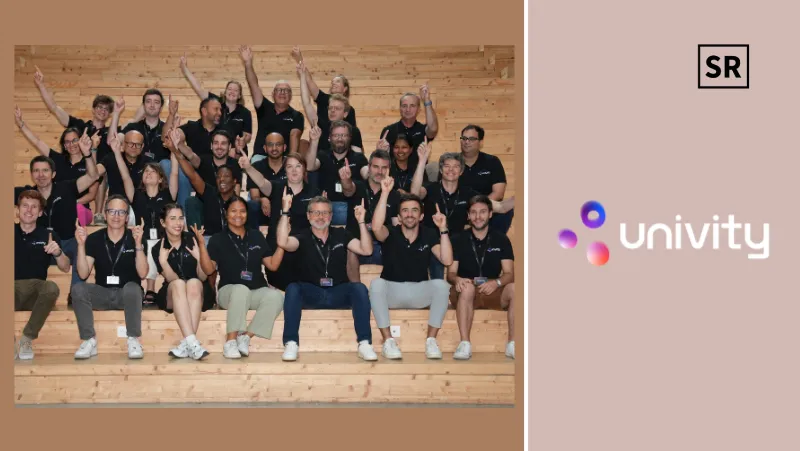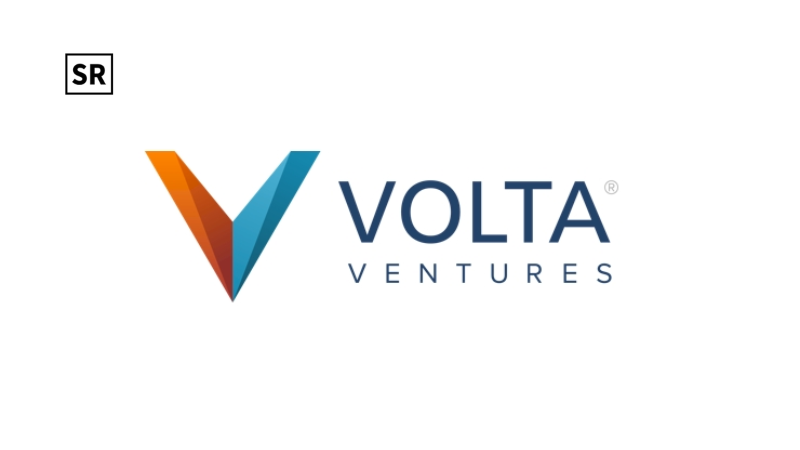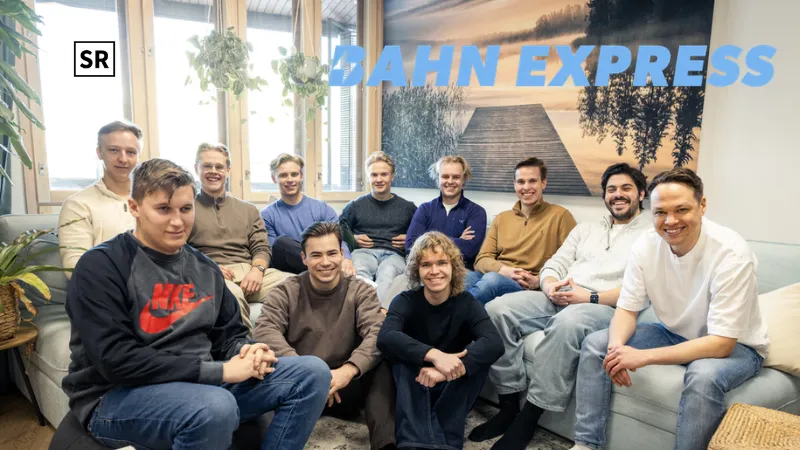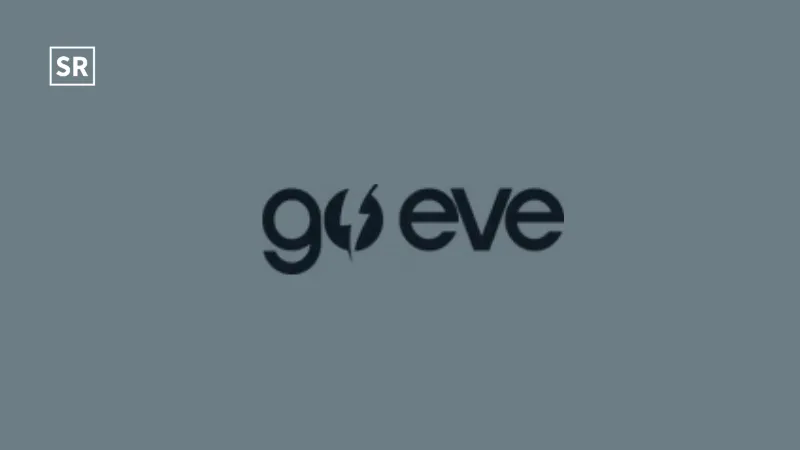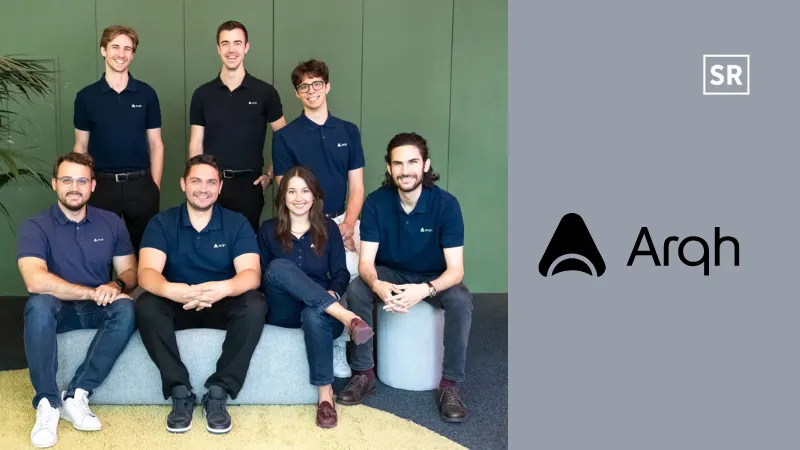UK’s Gradient Labs Secures €11.08M to Transform AI Customer Support in Regulated Industries
Jul 8, 2025 | By Kailee Rainse

London-based Gradient Labs, which is developing an autonomous AI agent designed to handle up to 80% of customer queries, has raised €11.08M in a Series A round.
SUMMARY
- London-based Gradient Labs, which is developing an autonomous AI agent designed to handle up to 80% of customer queries, has raised €11.08M in a Series A round.
The funding was led by Redpoint Ventures, a California-based VC firm known for backing founders who create and transform markets.
Redpoint Ventures invests in startups from seed stage through early and growth phases. The firm has supported over 465 companies, leading to 140 IPOs and acquisitions—including big names like Netflix, Twilio, Heroku, PureStorage, and Zendesk. It also incubated disruptors like Android. Redpoint manages $4 billion across several funds.
“The Gradient Labs team has an exceptional founder-market fit, having worked together for years at Monzo, giving them the deep expertise needed to build the best-in-class product for a complex, highly regulated market. Just three months post-launch, they secured nine customers – including one of Europe’s largest banks—and have since continued to demonstrate strong traction and momentum. We are very excited to partner with Gradient to help them achieve their bold ambitions,” says Alex Bard, Managing Director at Redpoint Ventures.
RECOMMENDED FOR YOU

[Funding alert] Paris-based Ouinex Secures over $4Million in Funding
Team SR
Feb 23, 2024
Gradient Labs, a London-based AI startup founded in 2023 by former Monzo team members Dimitri Masin, Neal Lathia, and Danai Antoniou, has raised €11.08M in Series A funding. Investors include Redpoint Ventures, LocalGlobe, Puzzle Ventures, Liquid 2 Ventures, and Exceptional Capital.
Read Also - Helsinki-based e-mobility Startup Donut Lab Secures €25M In Seed Round
The startup builds “Otto,” an AI agent designed for regulated industries like finance. Otto learns company-specific workflows to resolve up to 90% of customer queries while meeting a 98% quality assurance standard. This helps businesses cut support costs by 75% and speed up response times without compromising compliance.
As customer expectations rise—66% now expect replies within minutes—traditional service teams struggle, with agents under pressure and customer loyalty at risk. Gradient Labs tackles this by automating both frontline and back-office operations, not just simple FAQs.
With new funding, the company plans to expand R&D, marketing, sales, and onboarding teams while continuing to automate more complex processes without disrupting existing enterprise workflows.
“The core regulatory requirements are remarkably consistent across most countries. Whether you’re in London, New York, or Frankfurt, banks can’t provide unlicensed financial advice, must identify and protect vulnerable customers, and follow strict protocols around fraud investigations and financial hardship cases. These fundamental rules don’t change frequently,” says Dimitri Masin, CEO of Gradient Labs, to Silicon Canals.
“What makes our approach powerful is that AI agents don’t require extensive code rewrites when regulations do shift. Instead of rebuilding complex decision trees, we adjust text-based instructions that guide agent behaviour. When a new compliance requirement emerges, we can update how our agents handle those scenarios much faster than traditional rule-based systems. It’s never been easier to adapt to regulatory changes,” he adds.
“When customers are flagged as vulnerable or facing financial hardship, regulations require special handling. The intent behind these rules is good, to protect people who need extra support. But in practice, it creates a bottleneck,” says Masin.
“Most companies set up specialist teams to handle these cases, but they’re typically understaffed. So the very customers who need the most help end up waiting days just to get a response. It’s completely backwards,” he adds.
About Gradient Labs
Founded in 2023, Gradient Labs is building an autonomous AI agent that can resolve up to 80% of customer queries using actions and account data. It helps companies scale customer support with minimal staff, delivering consistent, high-quality outcomes—not just “best-effort” automation—for exceptional customer experience.


 Follow us
Follow us Follow us
Follow us
